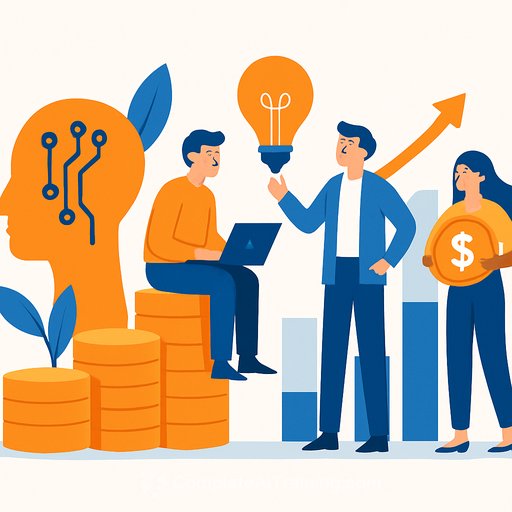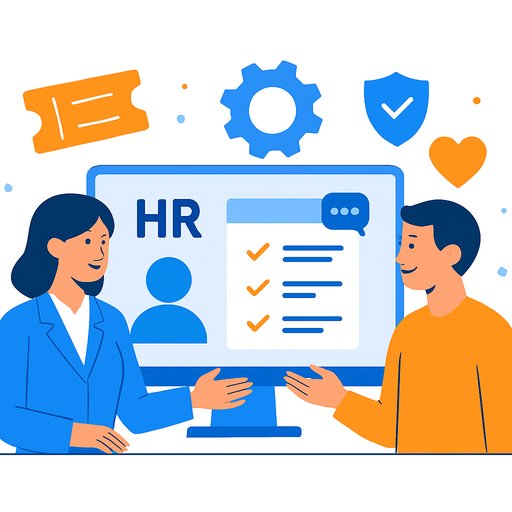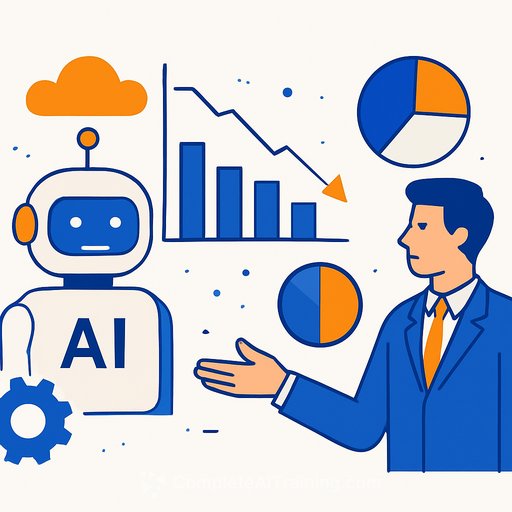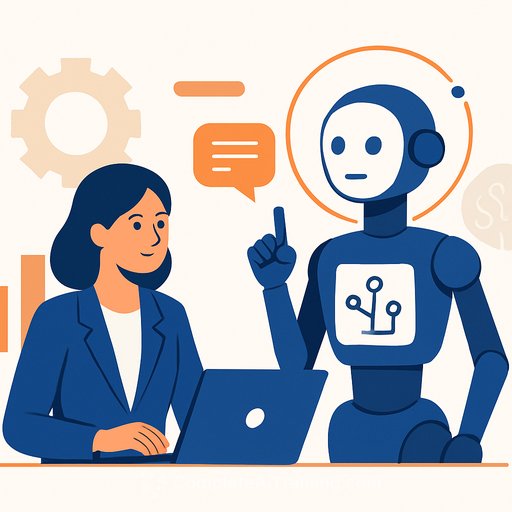Strategic Investment in AI Talent: Building the Human Capital for Tomorrow's Innovation
The global competition in artificial intelligence is shifting focus from just technology to the people behind it. Governments and companies worldwide are recognizing that investing in AI talent is essential for sustained innovation. From local state programs to national initiatives, the priority is clear: develop the workforce that will drive AI forward.
The Mississippi Model: A Blueprint for State-Level AI Talent Development
In 2025, Mississippi launched the AI Talent Accelerator Program (MAI-TAP) with a $9.1 million budget aimed at building AI skills across the state. This partnership between the Mississippi Development Authority, AccelerateMS, and Amazon Web Services targets five key areas: infrastructure, literacy, industry-specific applications, upskilling, and research.
Funds support institutions like Alcorn State University and Mississippi State University to train workers in sectors such as telehealth and maritime logistics. For example, Mississippi College offers a 12-hour AI/ML certificate specifically for law students, while the University of Southern Mississippi hosts a Maritime AI Innovation Lab. These focused programs prepare workers for current demands and foster new job opportunities, strengthening the state’s economy.
Global Trends: A Surge in Institutional Backing for AI Talent
Mississippi’s approach reflects a global trend of large-scale investment in AI talent development. The 2025 U.S. CHIPS and Science Act allocated $470.9 billion for AI research and infrastructure. Meanwhile, China’s National AI Industry Investment Fund committed $8.2 billion to early-stage ventures. Canada and Germany have also launched multi-billion-dollar initiatives to boost AI capabilities.
Other countries, like India and Israel, combine technical progress with ethical AI frameworks and talent attraction strategies. India’s IndiaAI Mission invests $1.25 billion in Centers of Excellence and a Safety Institute, while Israel’s National AI Program has drawn major tech players by leveraging public funds to create AI talent hubs.
Quantifying the Impact: AI Talent and Economic Growth
Data from the PwC 2025 Global AI Jobs Barometer highlights the economic benefits of investing in AI skills. AI-exposed industries have seen revenue growth per employee triple since 2022, with wages rising twice as fast. Workers with AI expertise earn a 56% wage premium compared to their peers without these skills—a sharp increase from 25% in 2023.
AI-related jobs evolve 66% faster, pushing a need for continuous learning and upskilling. This creates opportunities for educational platforms and training providers to meet growing demand.
Strategic Investment Opportunities: Where to Allocate Capital
- Edtech and Upskilling Platforms: Companies offering AI-focused courses, certifications, and reskilling programs—such as Coursera and Udacity—are positioned for growth as workforce needs shift. Explore options for AI courses at Complete AI Training.
- AI Infrastructure Providers: Hardware suppliers like NVIDIA and AMD, which provide GPUs essential for AI development, will benefit from expanding institutional computing needs.
- Regional AI Hubs: States and countries investing heavily in AI talent, including Mississippi, Israel, and Canada, are creating ecosystems that attract private investment. Opportunities exist in real estate and infrastructure in these regions.
- Ethical AI and Governance: As responsible AI use gains priority, companies focused on ethics, bias reduction, and regulatory compliance (like Palantir Technologies) will become increasingly important.
The Long-Term Horizon: Patience and Vision
Building AI talent is a long-term strategy. The full benefits will emerge over years as trained workers drive innovation across industries such as healthcare and manufacturing. The cumulative effect includes higher productivity, wage growth, and broader economic expansion.
For HR professionals, prioritizing AI skill development within your workforce is essential to stay competitive. Aligning with institutions and regions that invest in human capital will also open doors to future opportunities. Ultimately, the most valuable AI asset is the talent cultivated today, not just the technology developed.
Your membership also unlocks:






